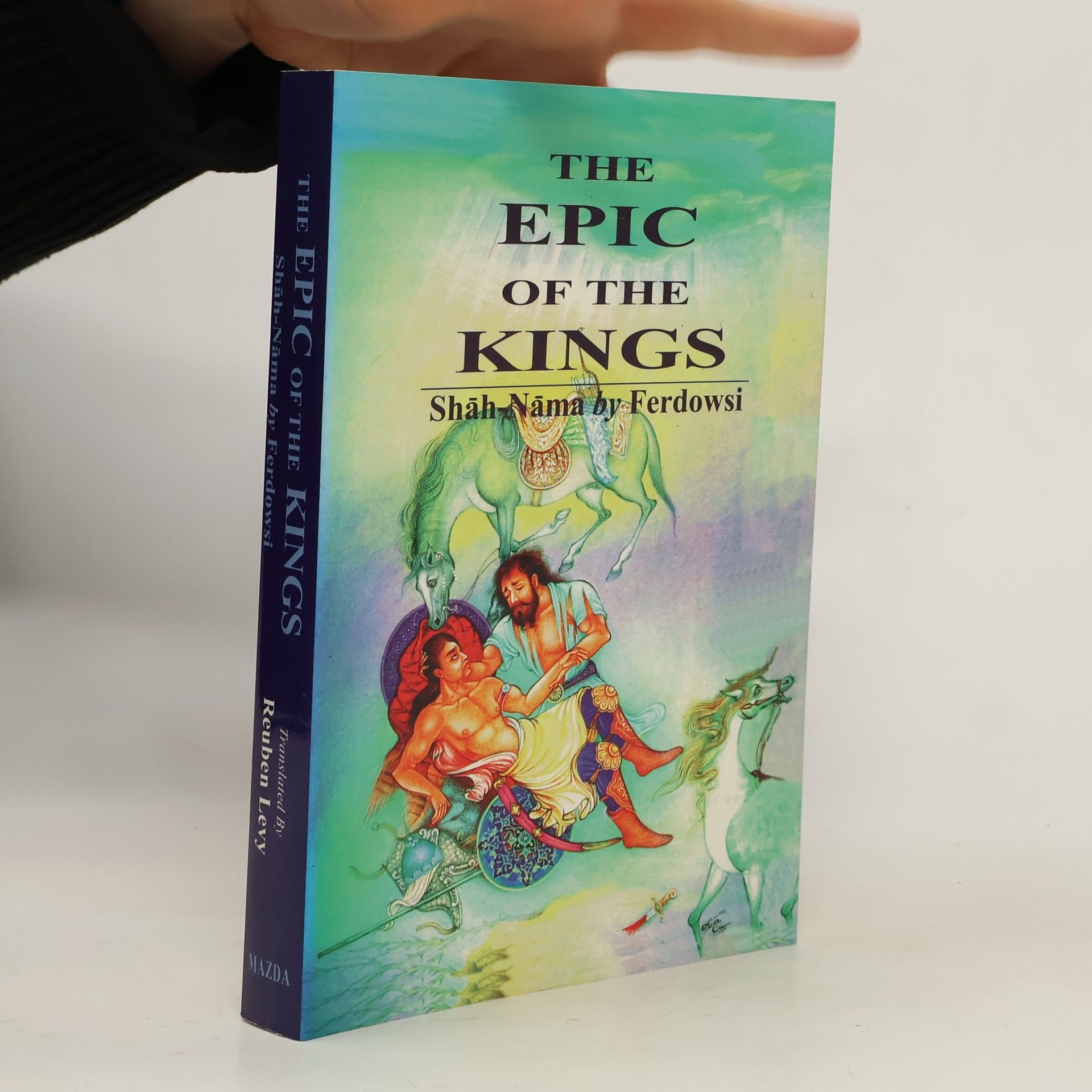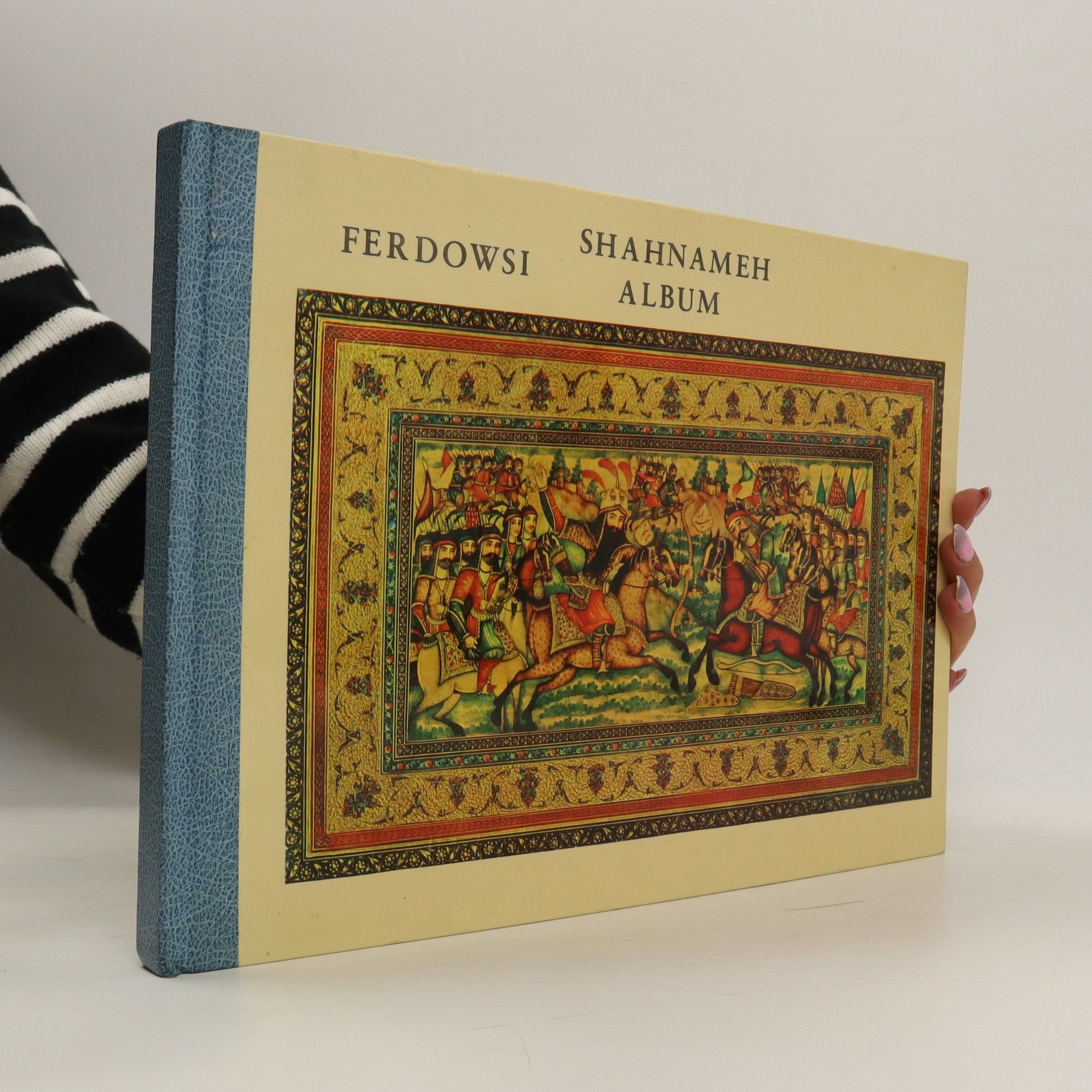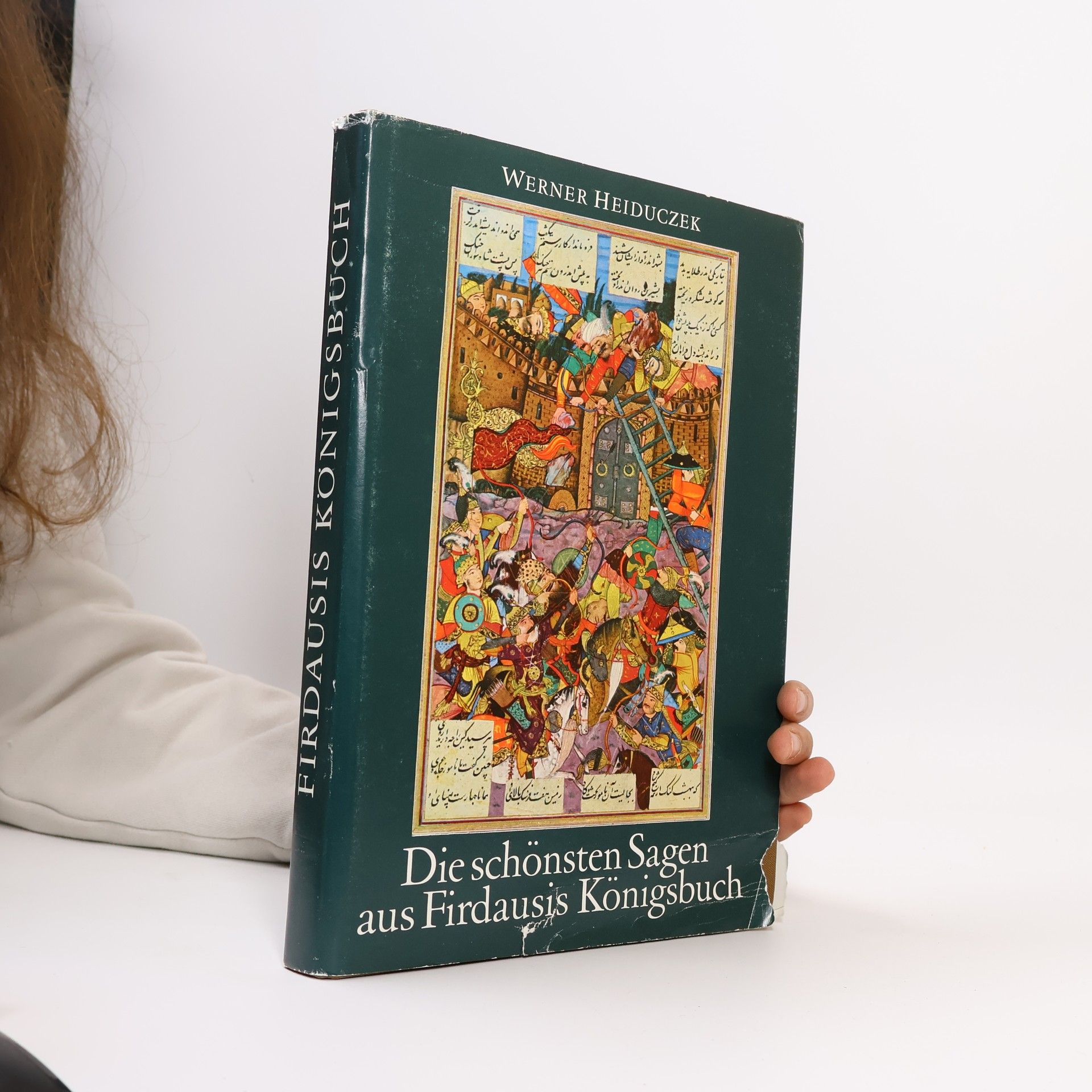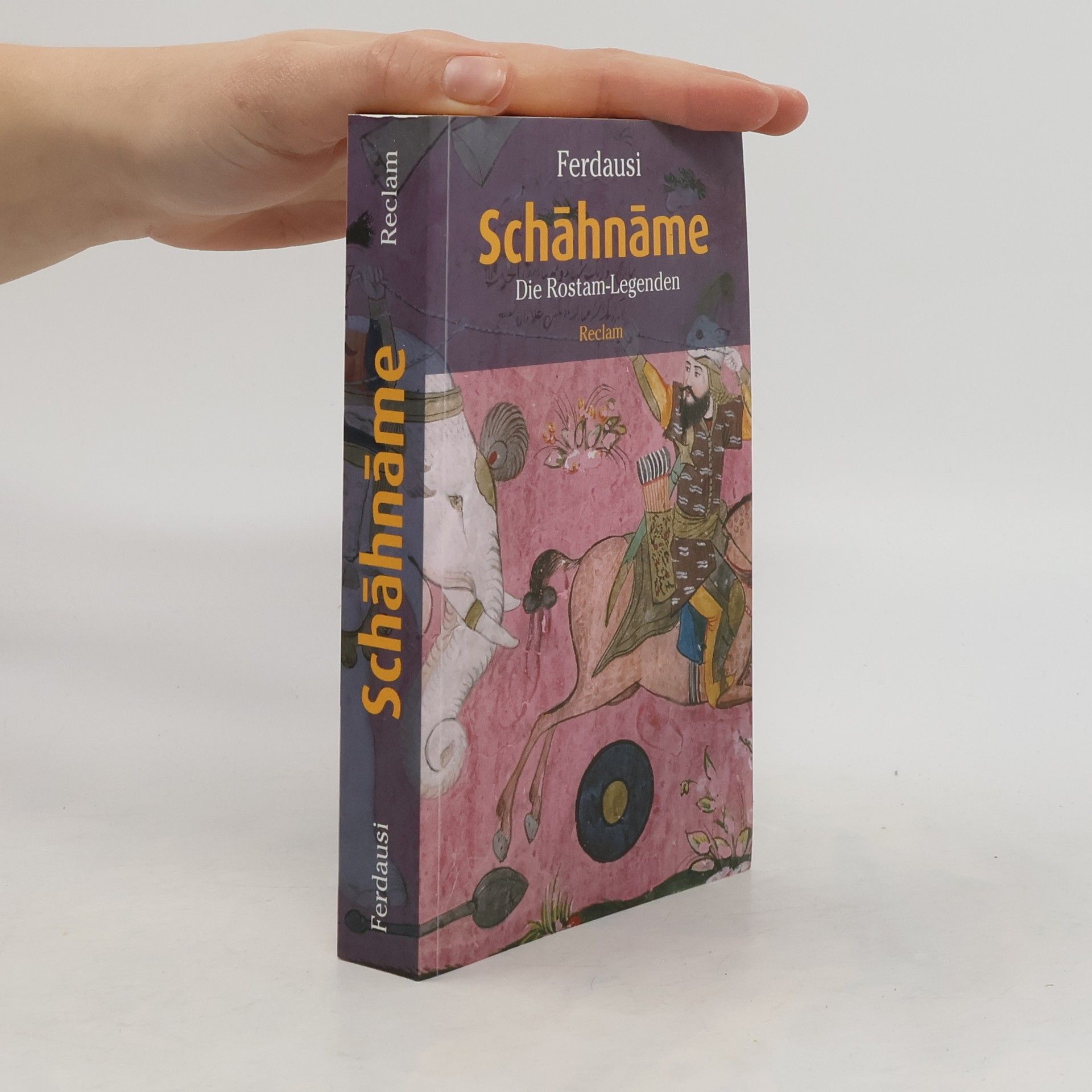Shahnameh
- 1040 pages
- 37 hours of reading
Dick Davis, "our pre-eminent translator from the Persian" (Washington Post) has revised and expanded his highly-praised translation of Ferdowsi's masterpiece, including more than 100 pages of newly translated text. Davis's elegant combination of prose and verse allows the poetry of the Shanameh to sing its own tales directly, interspersed sparingly with clearly-marked explanations to ease along modern readers. Among the greatest works of world literature, this prodigious narrative, composed by the poet Ferdowsi in the late tenth century, tells the story of pre-Islamic Iran, beginning in the mythic time of creation and continuing forward to the Arab invasion in the seventh century.







